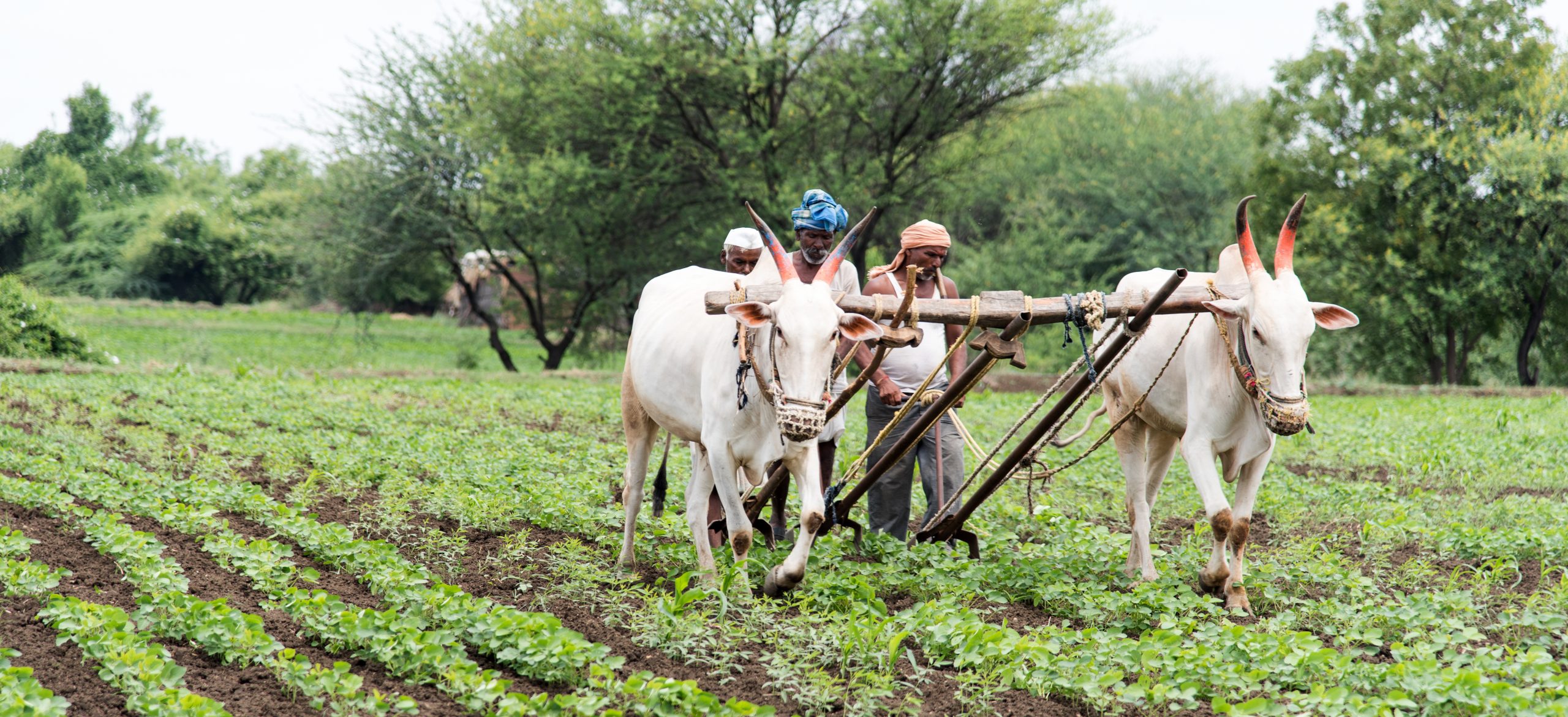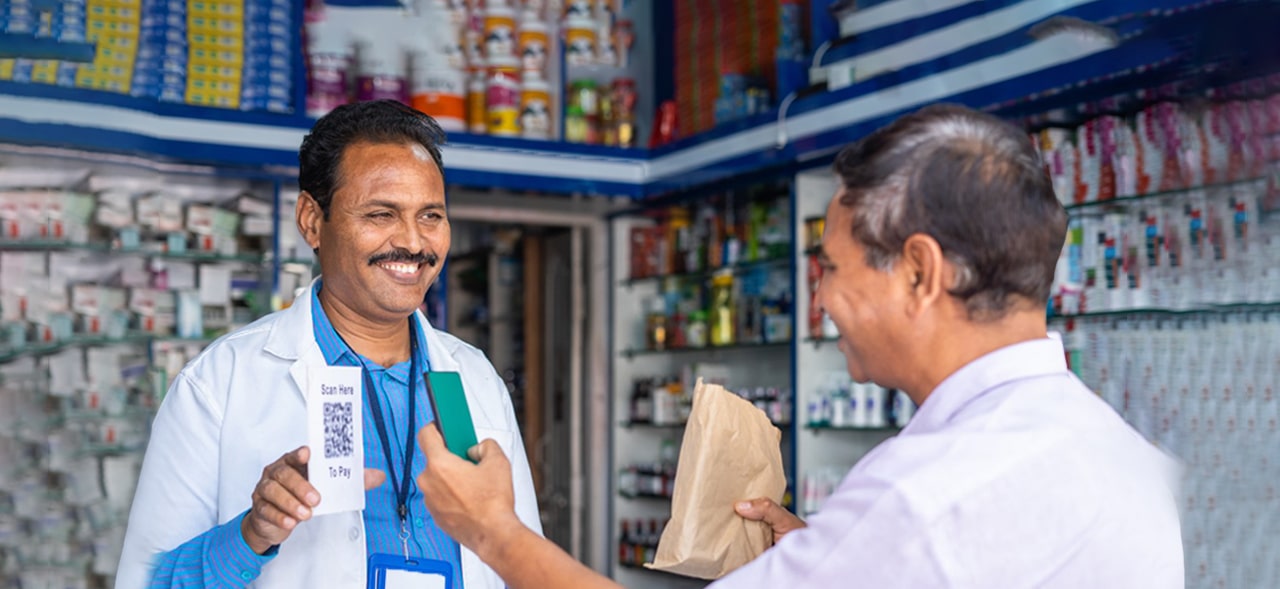Aakash Mehrotra

Aakash Mehrotra
ManagerAakash Mehrotra is a Manager in the Data and Innovation domain of MSC India. He is a Management and Development Research professional with experience in leading the market and consumer research studies in several countries.
Aakash Mehrotra is a Manager in MSC’s Data & Innovation Domain. He has been working in the research domain for over eight years with experience in designing formative research, impact evaluation studies, designing feasibility studies and undertaking long-term research studies. He has worked on projects with governments, think-tanks, funding agencies, development banks, commercial banks, and other financial service providers across Asia and Africa. In his current role, he plays an active role in leading policy research and advisory studies. Earlier he led multi-country research on agent networks and emerging financial inclusion models in ten countries in Asia and Africa. He has also led impact evaluations and policy research studies and worked as a technical consultant for a Vietnam bank trying to establish the mobile money and agency banking vertical. In addition, he has worked on consultancy assignments on market researches, value chain analysis, business estimations, designing forecasting models, designing scale-up plans for business and conducting business assessments. He is also well versed in evaluation technique - social returns on investment (SROI). Aakash has also led workshops on ‘impact evaluation’ and taken lectures in universities on the same. He is also a published author, and widely published travel blogger, and has written extensively on social and environmental issues on leading media portals, and has also led dialogues on ‘diversity and inclusion’ in various colleges, and social platforms.
Posts by Aakash Mehrotra
 Blog
Blog
Monica Dutta, Aakash Mehrotra, Chinmay Dabhade, Lakshay Jain, Shrutkirti Dhumal and Graham Wright
The climate crisis is not gender neutral – women’s voices must be heard
 Blog
Blog
Monica Dutta, Aakash Mehrotra, Lakshay Jain, Chinmay Dabhade, Graham Wright and Shrutkirti Dhumal
Smallholder farmers worldwide are on a perilous journey amid climate change—where are they headed?
 Blog
Blog
Aakash Mehrotra, Lakshay Jain, Rahul Chatterjee and Chinmay Dabhade
Adopting a segmentation approach to serve enterprises in Kenya: Insights from the FinAccess Household Survey 2021
 Blog
Blog
Aakash Mehrotra, Lakshay Jain and Monica Dutta

